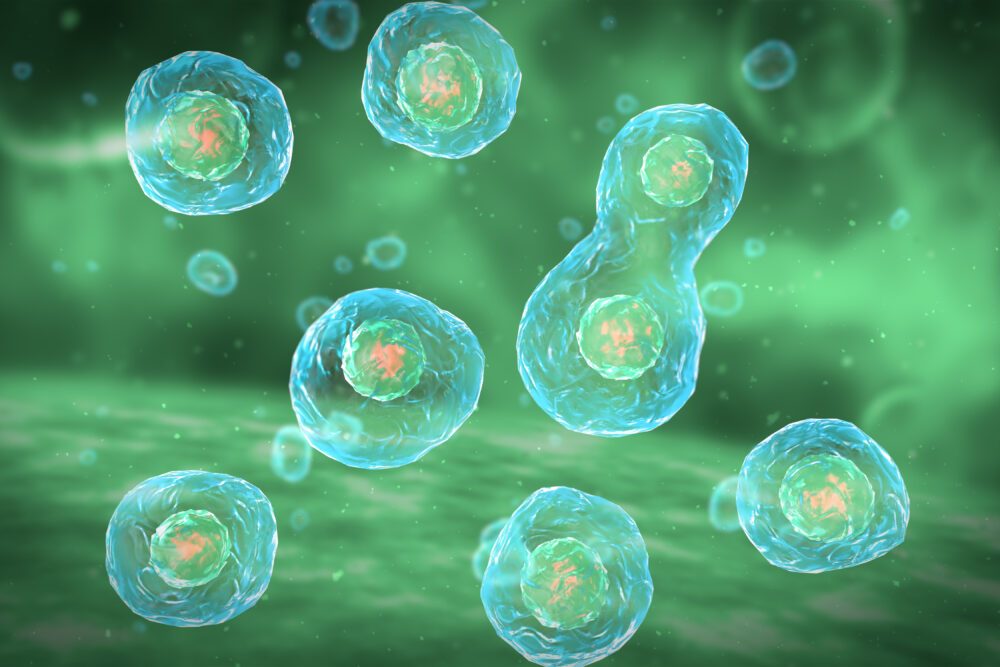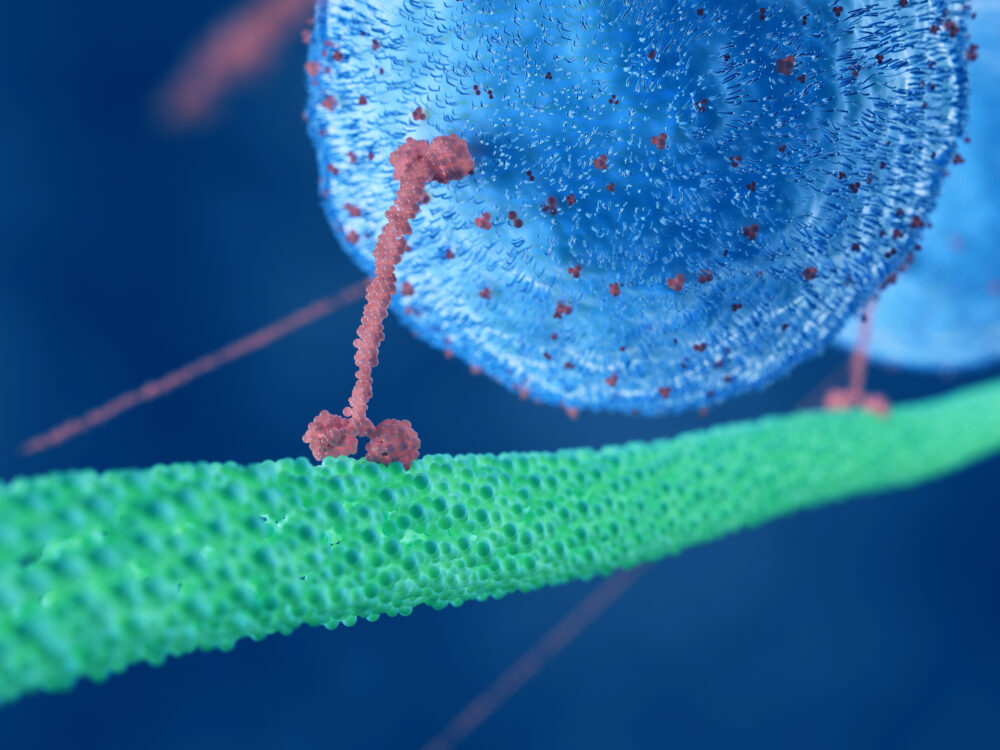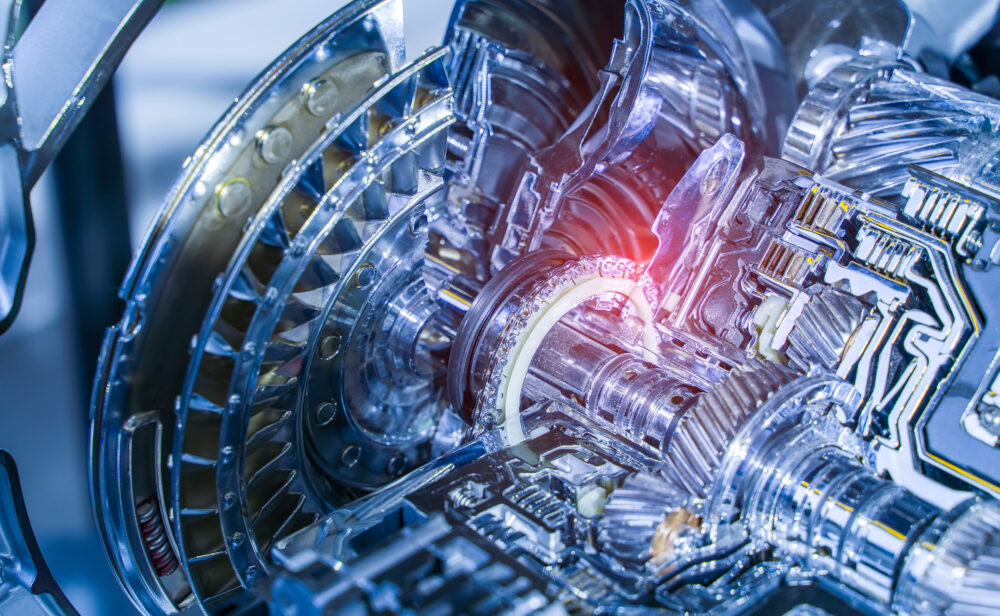
McLatchie: Why Cell Division Challenges Darwinism
One of the most incredible features of cellular life is the capability of self-replication. But can a Darwinian mechanism take the credit for the origin and design of the cell division process? On this episode of ID The Future, host Andrew McDiarmid concludes a four-part series with Dr. Jonathan McLatchie on the intelligent design and irreducible complexity of eukaryotic cell division. In his recent paper on eukaryotic cell division, Dr. McLatchie quotes a Latin expression Darwin uses in his famous book On The Origin of Species to describe natural selection: natura non facit saltus: nature does not make jumps. That’s the built-in limitation of Darwinian processes: by default they are stepwise and gradual. And of course, Darwin himself acknowledged this Read More ›




